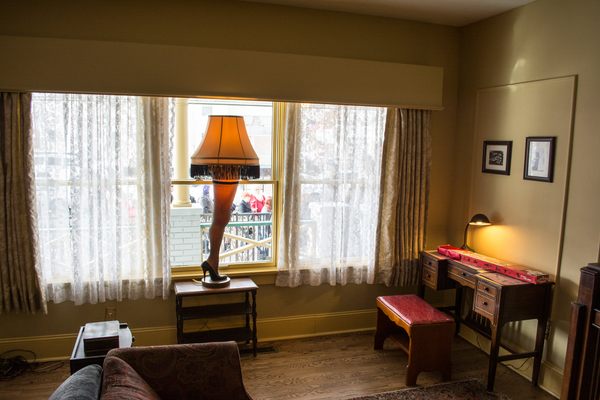About
Doris Duke was a philanthropist from another era. Her father, a tobacco tycoon and the founder of Duke University, left her most of his fortune. When she died in 1993, her estate was worth $1.3 billion.
Without children, Duke was free to spend to her money on art collections, numerous homes, and philanthropic works. Her name may be familiar thanks to the NPR refrain, "This episode was made possible by a generous contribution from the Doris Duke Charitable Foundation."
Shangri La was Duke's home in Hawai'i. Inspired by her world travels, particularly in the Middle East, it was built to her specifications in 1937. On five acres of land, the home features a 75-foot saltwater pool and magnificent views of the ocean. Until her death, Duke continued to collect Islamic art to bedeck her home. Including tiles from Iran, wood carvings from Morocco, embroidery from Central Asia, her collection holds more than 3,500 pieces, many of them housed in the building itself. The oldest artifacts date back to 1,500 B.C., and contemporary commissions from living Muslim artists are also on display.
The Playhouse is a reproduction of the Chehel Sotoun pavilion from Isfahan, Iran, which dates from the 1600s.
Duke's collection was very special to her. Supposedly, she once climbed a three-story ladder simply to clean tiles in her courtyard. When she died, the Doris Duke Foundation for Islamic Art was established to maintain her collection and fund other Islamic Art initiatives.
Tours are operated by the Honolulu Museum of Art.
Related Tags
Published
June 9, 2010



















